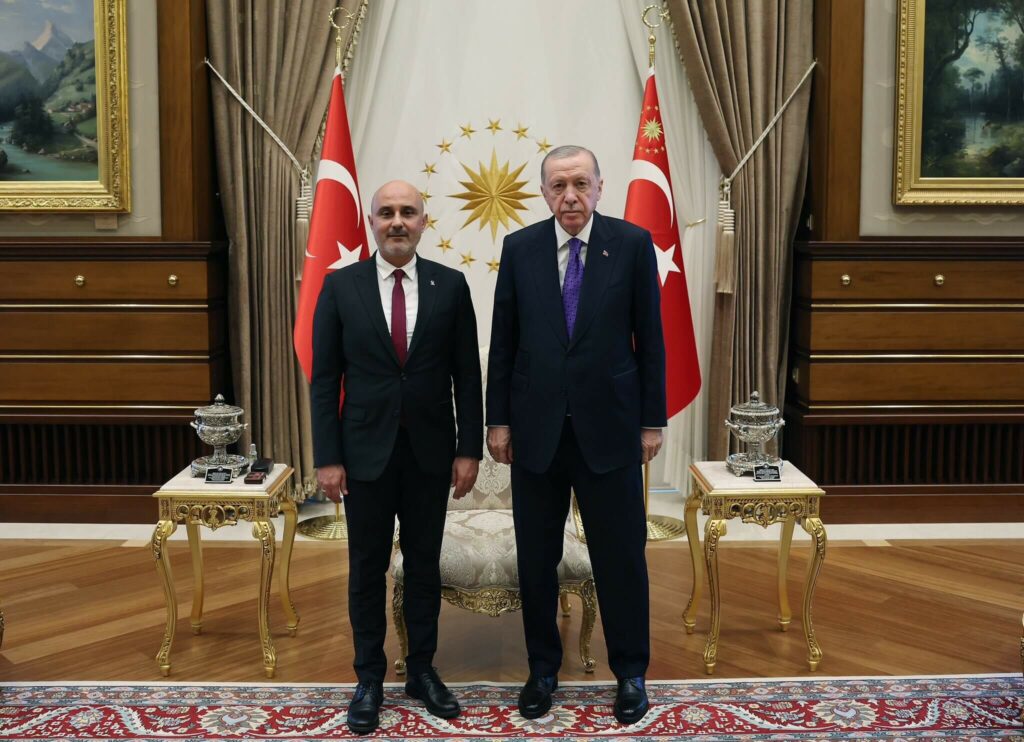President Recep Tayyip Erdoğan has appointed the head of the bar association in the southern province of Kahramanmaraş as chairman of his party’s provincial branch, sparking yet another debate about his influence over the judiciary.
The appointment of Kahramanmaraş Bar Association President Muhammed Burak Gül as head of the ruling Justice and Development Party (AKP) office in the city has unsettled judicial circles, given the fact that Gül has not resigned from his post at the bar association.
Gül announced his appointment on X and offered Erdoğan his thanks.
The lawyer, who began to post pro-AKP messages on X after his appointment, will remain in his position at the bar association until October, when an election will be held to select a new leader.
Politicization of the judiciary
According to jurists and opposition politicians, Gül’s appointment is yet another example of the politicization of the Turkish judiciary.
Turgut Kazan, former president of the İstanbul Bar Association, told the Cumhuriyet daily that the appointment of a bar association president as the provincial chairman of the ruling party will further erode people’s confidence in the judiciary at a time when there are ongoing trials in Kahramanmaraş related to the death of people in two powerful earthquakes that hit Turkey’s south in February 2023.
There are dozens of ongoing trials against contractors and some public officials due to their role in the death of people in the earthquakes in shoddily built homes. The earthquakes claimed the lives of more than 53,000 people across 11 provinces in Turkey’s south and southeast.
Kazan called on Gül to submit his resignation from the bar association immediately.
“Stop playing with the judiciary,” he said.
Main opposition Republican People’s Party (CHP) Kahramanmaraş MP Ali Öztunç said a bar association president participates in many trials and he will be seen as the AKP provincial chair in the eyes of the prosecutors and judges in those trials, potentially influencing their decisions.
“How will judges who fear punishment make fair decisions? What is happening is another example of the politicization of the judiciary by the government, which is incompatible with judicial impartiality. They will soon perhaps appoint provincial chairmen judges as well,” Öztunç said.
The Turkish judiciary faces widespread criticism for its perceived lack of independence. Critics accuse Erdoğan of exerting control over the judiciary.
Erdoğan is accused of establishing one-man rule in the country, particularly after a coup attempt in 2016, following which he launched a massive crackdown on non-loyalist citizens and the country’s subsequent transition to a presidential system of governance, which granted him vast powers.
Many say there is no longer a separation of powers in the country and that members of the judiciary are under the absolute control of the government and cannot make judgments based on law.
Turkey was ranked 117th among 142 countries in the rule of law index published by the World Justice Project (WJP) last October, dropping one rank in comparison to its ranking in 2022.

